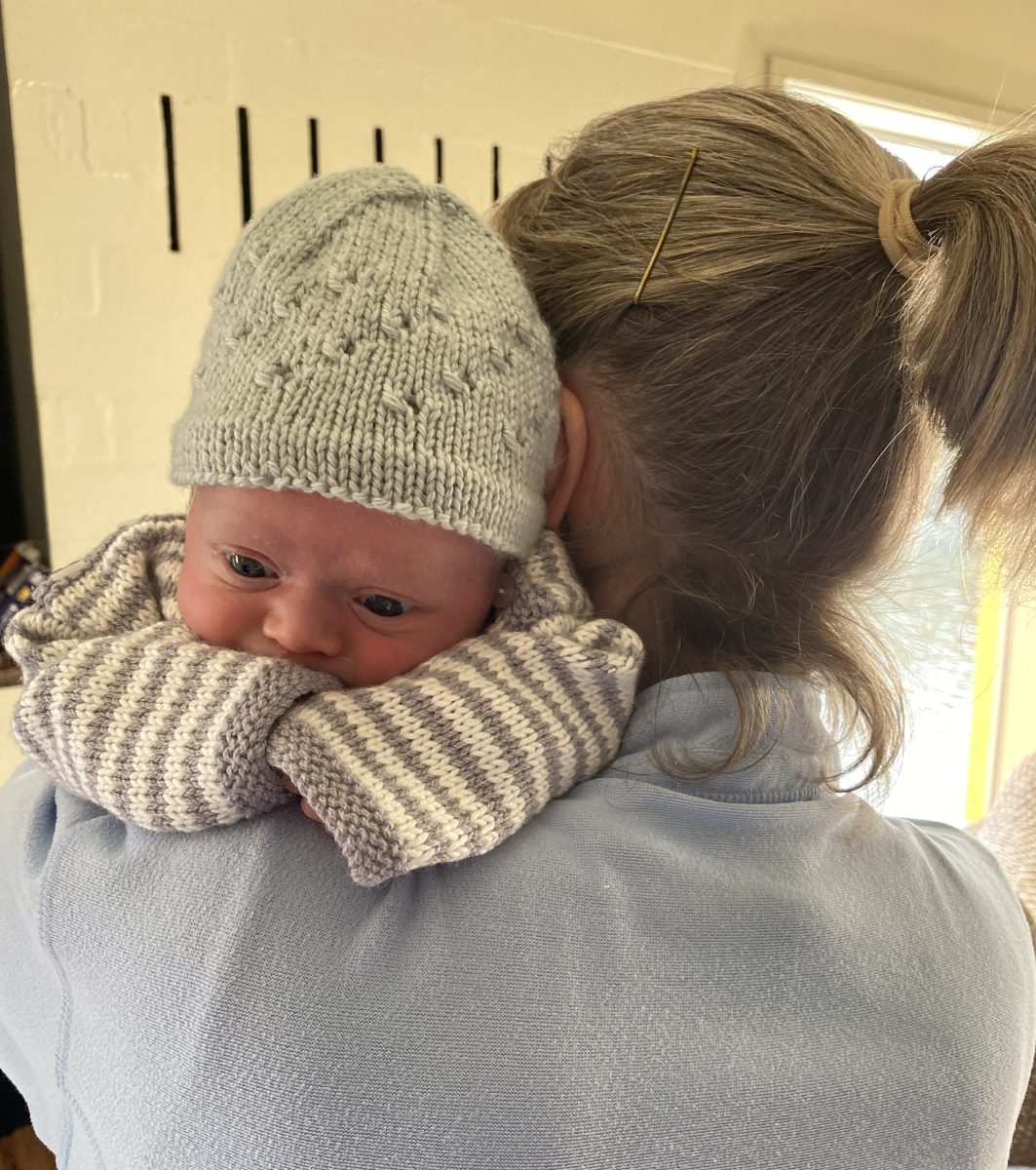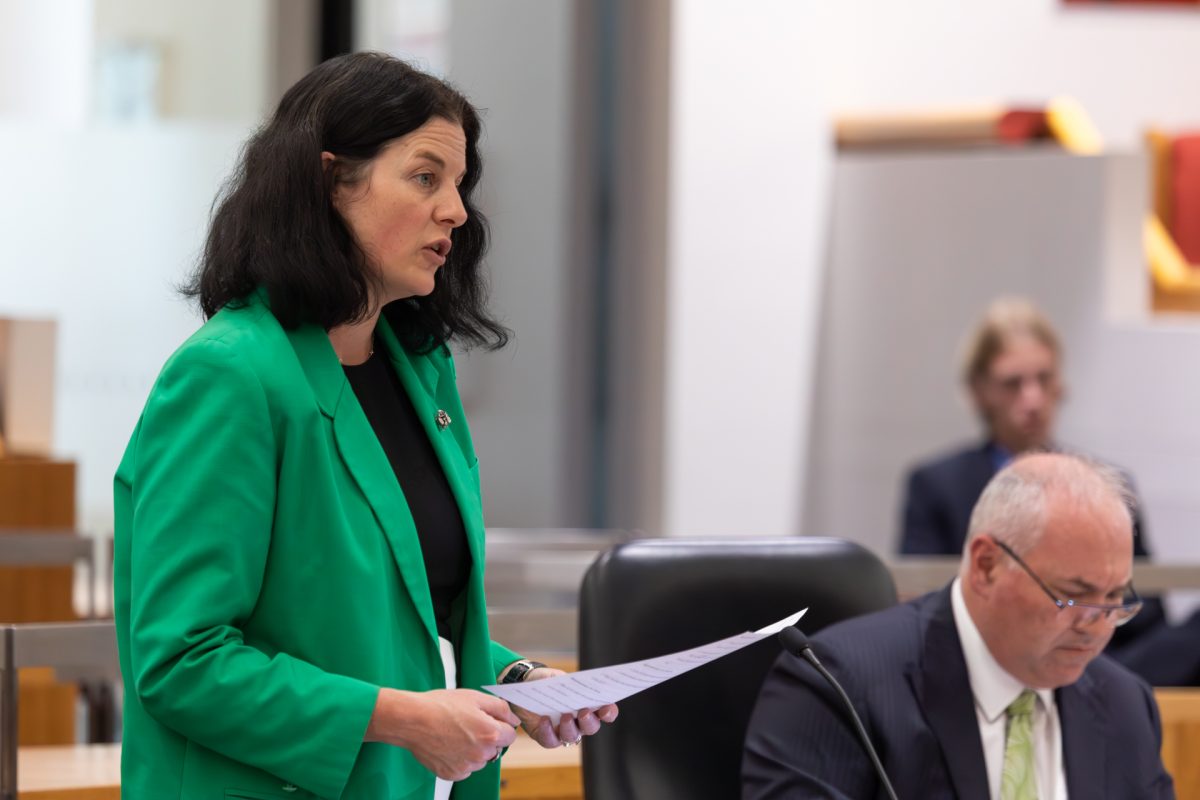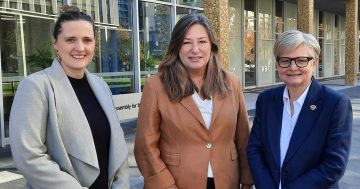
An inquiry is trying to get to the bottom of why Canberrans aren’t having babies. Photo: Claire Fenwicke.
An inquiry into why the ACT has the lowest fertility rate in Australia has been told the high economic cost of having children is the overwhelming factor explaining this trend.
Public submissions have also highlighted a lack of local family support for those born outside the capital, limited childcare availability, a desire to still have free time and the global rise of far-right ideologies as other raising kid deterrents.
In 2021, women in the ACT had, on average, 1.45 children each, less than any other state or territory.
Earlier this year, an ACT Legislative Assembly committee chaired by Greens MLA Jo Clay commenced what was called the Inquiry into Raising Children.
The inquiry is considering whether factors such as cost of living pressures, housing affordability, heath service access, environmental concerns, fertility issues and adoption policies may discourage people from having kids.
Financial concerns the overwhelming factor
Almost all of the 81 public submissions made to the inquiry identified cost and economic issues as a key deterrent.
“It’s so expensive just to support myself as an adult that I couldn’t imagine bringing a child into this world,” Ashleigh Eason wrote in a comment typical of many others.
“I barely have enough money to pay rent in a share house, buy enough food to sustain myself even though I work good hours for a decent salary.”
A 30-year-old married woman named Kate said that even though she and her husband had a combined income of $210,000, it was simply not enough to start a family in this city.
“We would have to live on one income for at least a year if we had a child … a household income of $105,000 for two adults and one dependent absolutely is not enough to live comfortably in the ACT.”

Jo Clay MLA is chairing the inquiry. Photo: Michelle Kroll.
Among the many economic issues identified, the high cost of child care, lack of paid maternity leave and ongoing mortgage repayments were recurring themes.
A cap or reduction of childcare fees was the most popular solution to the financial barriers raised, with some also suggesting the government could bring back the baby bonus – a one-off financial payment to families who have a child.
Living in Canberra without family
Another key factor identified in multiple submissions was the lack of extended family support, which particularly impacts the many Canberra residents born and raised in other cities and overseas.
“As someone who did not grow up in Canberra and followed the annual graduate pilgrimage to Canberra many years ago, I do not have family support to assist me with raising children,” Alicia Jamieson wrote.
“Before having children, it was important I had progressed my career far enough that I would have sufficient savings and a salary that could support maternity leave and the cost of child care on return to work … once I was financially ready, fertility issues became evident and a further delay in having children arose whilst there was a need to undergo IVF treatment which further impacted the financial readiness for children.”
Lifestyle choices
A small, atypical number of submissions suggested not having kids was a lifestyle choice.
“I hate children and so do most of my friends,” Avalon Yennefer wrote.
“We don’t want to ruin our lives. With children there is not enough free time to rest, enjoy our own hobbies and see friends. Having seen our parents complain about that all our lives really had an impact.”
Jordan Campbell highlighted the usual economic factors that discourage child-rearing but also highlighted something else.
“The global state of affairs, climate catastrophe, awful market forces, rise of far-right ideologies also contribute to my uncertainty about raising children,” he wrote.
“The world isn’t a friendly place right now and signs aren’t pointing to that changing anytime soon.”
Inquiry report to come
The committee says it will also look at what policies are needed to address the above issues.
Hearings and public submissions are now closed, with an inquiry final report and government response due before the end of the year.















